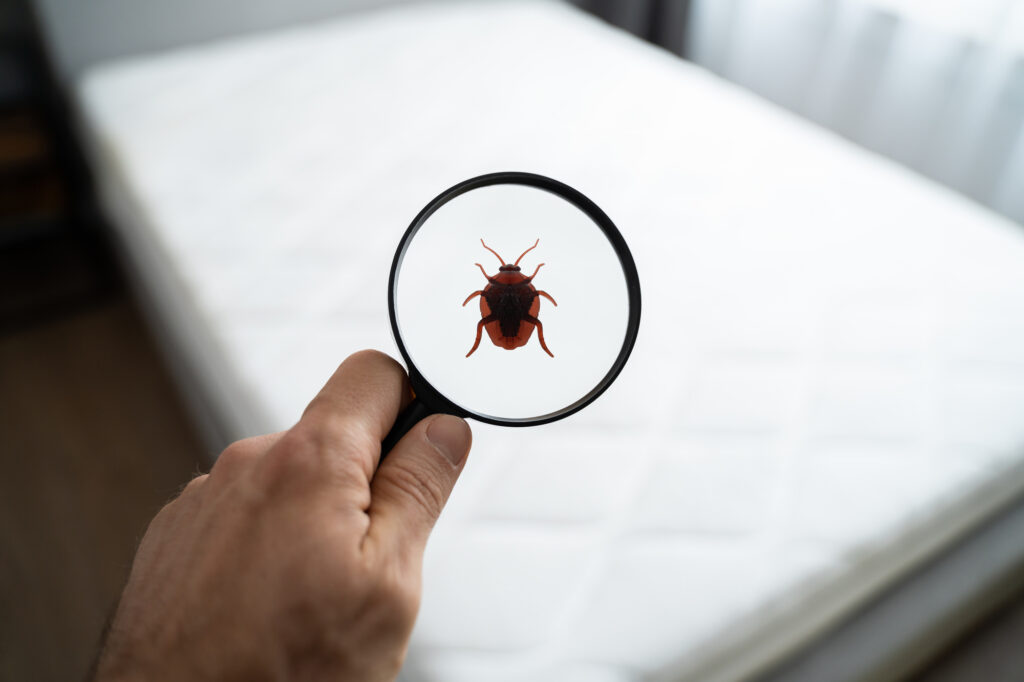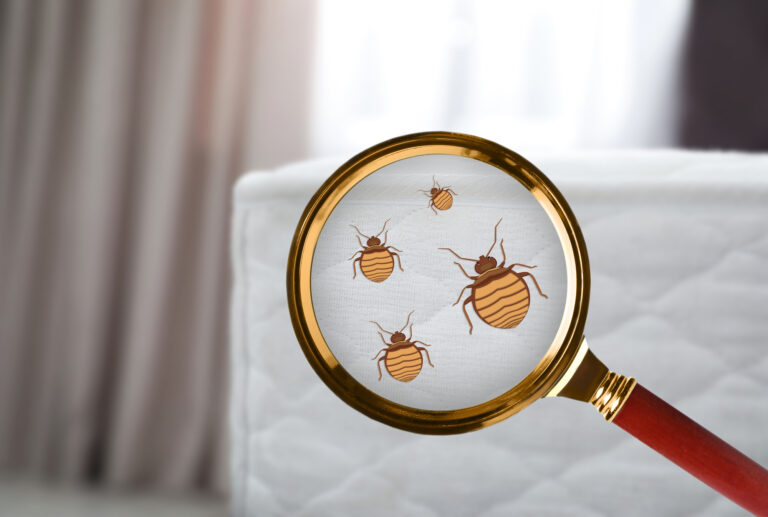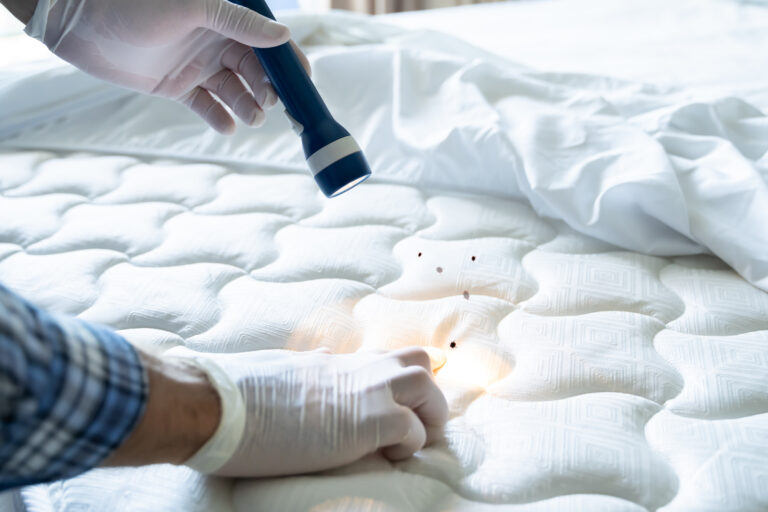Bed bugs are pesky insects that can cause much discomfort and frustration for homeowners. Small, blood-sucking insects can hide in many places, making them challenging to eradicate. Bed bug specialists in Atlanta have been studying these insects for years. They found that certain smells can attract bed bugs. In this article, we’ll look at what smells attract bed bugs and how bed bug specialists in Atlanta can help.
Human Sweat
When humans sweat, the lactic acid mixes with other chemicals and bacteria on the skin. As a result, it creates a unique smell that bed bugs can detect. The scent of lactic acid is attractive to bed bugs because it signals the presence of a potential food source – human blood.
Bed bugs have a keen sense of smell and can detect the odor of lactic acid from a distance. They use this sense of smell to locate their prey. They are commonly found in areas where people sleep, such as beds and couches.
Carbon Dioxide
Carbon dioxide is a byproduct of respiration. When we exhale, we release carbon dioxide into the air. Bed bugs detect this plume of carbon dioxide from a distance and use it to locate their prey.
One of the reasons that bed bugs are commonly found in beds is that humans spend a lot of time there while sleeping and exhale carbon dioxide. This creates a concentrated plume of carbon dioxide that bed bugs can easily detect and follow. Bed bugs can be attracted to the carbon dioxide exhaled by pets. Consequently, they may be found in areas where pets sleep.
Dirty Laundry
Bed bugs are attracted to the odors produced by the dirty laundry worn by people. When we wear clothing, we sweat and shed dead skin cells, which can accumulate in the fabric of our clothing. These substances produce a distinct odor that bed bugs can detect. Bed bugs are attracted to these odors because they signal the presence of a potential food source – human blood.
To reduce the risk of attracting bed bugs with dirty laundry, washing and drying your clothing regularly is essential. This will help to remove any odors that may attract bed bugs. Keeping dirty laundry in a sealed container or bag is also necessary. It prevents bed bugs from accessing it. When traveling, keeping your clothing in sealed plastic bags is essential. Wash and dry your garments as soon as possible after returning home.

Blood
When bed bugs detect the scent of human blood, they become highly motivated to feed. They will follow the smell to its source, often a sleeping human, and then bite to extract blood. Bed bugs can detect the scent of human blood from a distance, so they are commonly found in areas where people sleep, such as beds and couches.
It is important to note that bed bugs are not attracted to just any blood. They are specifically drawn to the scent of human blood and will not feed on the blood of other animals. The smell of human blood contains specific chemicals that bed bugs have evolved to detect and respond to.
Perfume and Fragrances
Surprisingly, bed bugs are fond of scents produced by many perfumes and fragrances. Bed bugs have a highly developed sense of smell and can detect various odors. Perfumes and fragrances can be particularly attractive to bed bugs, as they often contain a blend of natural and synthetic compounds that bed bugs find appealing.
To reduce the risk of attracting bed bugs with perfume and fragrances, it is vital to use them sparingly, mainly if you live in an area with a high risk of bed bug infestations. Avoiding wearing perfumes or fragrances to bed is also a good idea, as this can increase the risk of attracting bed bugs to your sleeping area.
Mold and Mildew
These odors are typically produced in damp or humid environments, where mold and mildew can grow and thrive. Bed bugs can detect these odors from a distance and often congregate in areas where they are present.
Mold and mildew are beautiful to bed bugs because they are associated with moisture, which is essential for the survival of bed bugs. Bed bugs require a moist environment to survive and reproduce and often seek out areas where water is present, such as basements, bathrooms, and other damp areas of the home.
Maintain a clean and dry living environment to avoid attracting bed bugs. This includes regularly inspecting and cleaning areas where mold and mildew may grow, such as bathrooms, basements, and other damp areas of the home. It is also important to properly ventilate these areas to prevent moisture buildup.
Fecal Matter
Bed bugs leave behind fecal matter, which is dark brown or black and often appears as small dots on bedding or furniture. The fecal matter of bed bugs contains pheromones that can attract other bed bugs to the area. Bed bugs use pheromones to communicate with each other, and the presence of fecal matter signals to other bed bugs that a suitable feeding or hiding location is nearby.

Scent-sationally Bed Bug-Free
A variety of scents and odors attract bed bugs. To reduce the risk of attracting bed bugs, it is essential to maintain a clean and dry living environment, inspect and clean bedding and furniture regularly, and use bed bug-proof mattress and pillow encasements. If you suspect a bed bug infestation in your home, it is vital to contact an expert. They can help to identify the source of the infestation and provide effective treatment for bed bugs in Atlanta to eliminate them from your home, as well as provide tips and advice on how to prevent future infestations.






